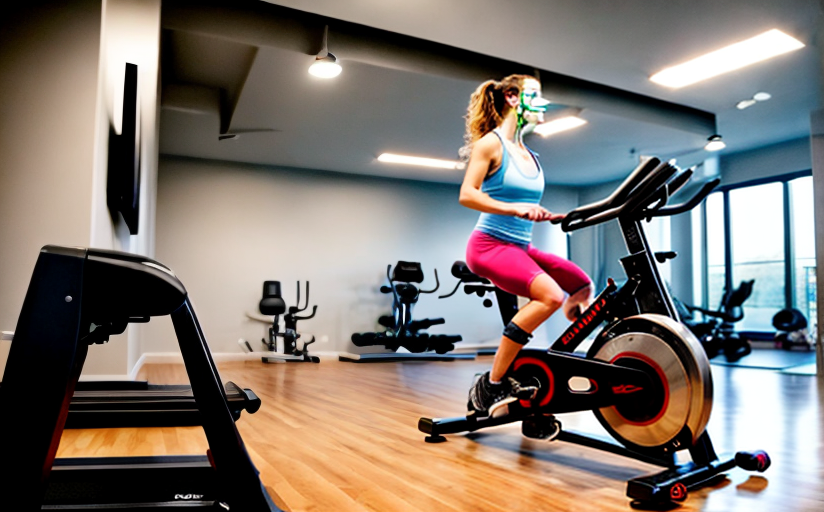Surprising Connections Between Chess and Physical Fitness
Contrary to the common perception, an intellectually engaging board game like chess harbors certain benefits that overlap with the domain of physical fitness. This article seeks to explore various ways in which chess contributes to physical fitness, highlighting its role in enhancing neurological health, improving cognitive function, managing stress, and its indirect effects on physical health. Furthermore, the exposition will delve into the regimens professional chess players follow to maintain their physical fitness in optimizing their performance in tournaments. Scholarly and credible research are employed to substantiate the connections established in this discourse.
Chess and Neurological Health
Several studies show a positive association between chess and neurological health. Research by Duan et al. (2014) suggests that chess players have more significant activation of the prefrontal cortex, an area related to higher cognitive functions and executive control. This neural enhancement contributes to better motor coordination, balance, and overall physical agility, contributing to one's physical fitness indirectly.
Chess and Cognitive Function
Improvement in cognitive functions is another interesting intersection of chess and physical fitness. According to a study by Sala and Gobet (2017), chess players often showcase superior cognitive abilities, including better memory, spatial skills, and mathematical abilities. This cognitive robustness also translates into better physical performance by supporting decision-making skills, reaction times, and physical problem-solving abilities.
Chess and Stress Management
Stress management, an essential factor for physical and mental health, is another area in which chess plays a pivotal role. The game enforces mental discipline and patience, aiding players in maintaining calmness under pressure. According to a study by Troubat et al. (2019), habitual chess playing can lower stress levels, therefore lowering the risk of stress-related diseases such as hypertension and cardiovascular disease, contributing to overall better physical health.
Chess and Physical Fitness Amongst Professionals
On delving into the practices professional chess players adopt to maintain fitness, it becomes evident that physical exercise is an integral part of their routine. A case study on Magnus Carlsen, the world chess champion, points out that he incorporates a rigorous physical regimen into his daily routine to improve his chess performance. Studies show that physical exercise enhances cognitive abilities and improves oxygen supply to the brain, aiding in intense, prolonged thinking – a prerequisite in chess tournaments.
Conclusion
As the line between physical and mental fitness continues to blur, it becomes clear that chess as a high-intensity cognitive exercise provides significant physical fitness benefits. With its neurological, cognitive, and stress management benefits, chess offers a well-rounded fitness approach that combines mental agility with physical resilience.

















Comments
Leave a Comment